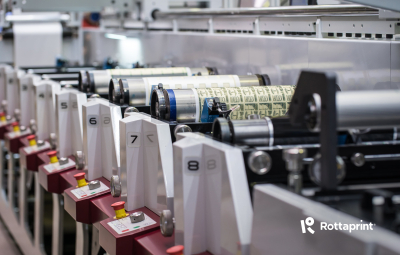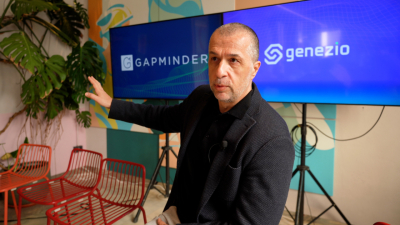Austrian politicians and bankers, heads of Romanian lenders and representatives of the central bank, together with governor Mugur Isarescu, propose different situations to secure the monetary stability and to reinstate confidence in the banking system.
At the end of his visit in Bucharest, which was aimed to proposing a protection plan for the banks, the Austrian ministry of Finances said the banks in Romania would take advantage of the 100-billion euro stimulus package drawn by Austria. “Banks in Romania will dig in the 100-billion euro stimulus package that big Austrian lenders also present in Romania have already taken advantage of”, said Josef Proll (photo).
Austria announced late last year an emergency rescue package for the crisis-hit banking system of 100 billion euro, of which 15 billion euro were earmarked for capital injections and 85 billion euro as state guarantees for banks. Erste and Raiffeisen, the two Austria’s heavyweights that expanded heavily in Eastern Europe, including in Romania, were the recipients of capital injections and state guarantees for bond issuing.
“It is clearly that, through the current measures adopted by Austria, we want to ensure that the Romanian banks will take advantage, indirectly of course, of this 100-billion euro package, of which 15 billion are earmarked for direct capital, and the remaining 85 billion euro as state guarantees”, Proll said.
He added that the rescue package from Austria would stabilize the Romanian market as well, by stimulating a “broader freedom of movement”.
The Austrian minister said Romania needed an assurance of the liquidity through money-market stability and the reduction of required reserve ratio “would provide a rapid and effective liquidity”.
Isarescu regrets the reduction of required reserve ratio
Mugur Isarescu said recently that the reduction of required reserve ratio for leucurrency liabilities from 20% to 18%proved to be a mistake.
Proll explained during talks with his counterpart Gheorghe Pogea, that anti-crisis measures adopted in Romania have been brought to discussion, following to “talk on the synchronization of all measures” at the next Ecofin reunion that gathers all ministers of finances in EU.
“I voted for the reduction of required reserve ratio, but it was a mistake. The measure had seemed the most appropriate, given the mistrust and politic debates, and the situation triggered afterwards could have been resolved only by a sale of foreign currency”, added Isarescu.
Analysts have repeatedly suspected the indirect intervention of BNR in the currency market to cap the worryingly growth spree of single European currency against the leu.
“The sale of foreign currency was the only solution to exit the black hole. Some analysts have correctly observed these moves, which mirrored in the reduction of currency reserve”, the governor added.
Gelin: “BNR shouldn’t reduce the required reserve ratio
National Bank of Romania should keep the required reserve ratio at its current level, as they are important for maintaining credibility, which is a core factor for Romania this year, said yesterday the CEO of BRD-SocGen, Patrick Gelin.
“It is not indicated for BNR to cut the RRR this year, as the focus has been shifted toward maintaining credibility”, Gelin added.
In its latter rate-setting session, BNR kept the level of required reserve ratio for leucurreny liabilities to 18%, and to 40% for foreign currency liabilities, and chopped the benchmark lending rate by 0.25%, down to 10% per year.
“We think it is too early for an easement of the money-market policy. BNR dropped the first signal by cutting the interest, but the relaxation will not be reinstated until things settle down, which might take a few months. However, it is possible even this year”, said the deputy managing director of the bank, Petre Bunescu.
Citeste si:
Calculator Salariu: Află câți bani primești în mână în funcție de salariul brut »
Te-ar putea interesa și:



















































































![HR [PLAY] Tech Workout - 11...](https://www.wall-street.ro/image_thumbs/thumbs/973/973fe0a3888d417feff63de42e814180-260x260-00-65.jpg?v=1713502521)









